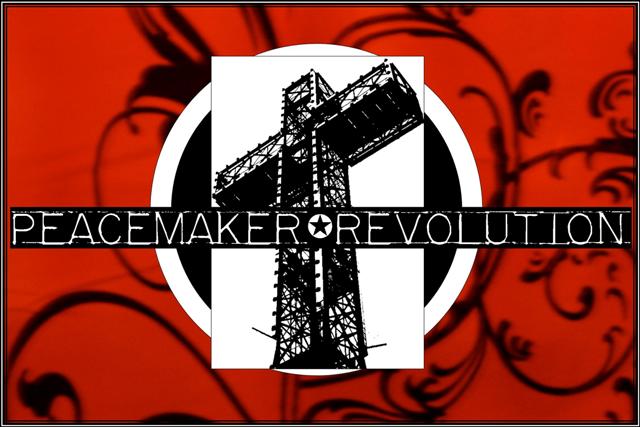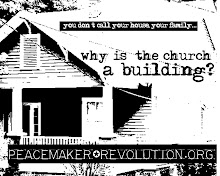by Austin Pfeiffer
I was at a meeting of faith leaders in Winston-Salem about a month ago and one man posed the odd claim of the middle class being a Biblical myth. We've been talking about it around our house and we landed on the conclusion that our self-identity in the middle class was a means of withdrawal from the proverbial classifications of the rich and poor.
Proverb 22:2 says that the rich and poor are equals, because God made them both. Of course in our group there is often a particular disdain for the rich, because while many wealthy people can be poor in spirit, their condition is a result of a conscience decision. In other words, no one oppresses a person into wealth, in the most fundamental terms at least, whereas the poor are a condition often of environment, society, or oppressive governments or economies.
We came to a consensus of believing the rich are as much deserving of love as the poor are, even as we young activists might have a wrongful propensity to judge the rich and pity the poor. In reality, the Proverb 22 is saying that in the citizenry of God's people, the rich and the poor are equal. If we believe in the Kingdom of God and we pray for it to come to earth, then we are certainly to be part of the peacemaking effort between the poor and rich, just as the Message translates Proverb 22, "The rich and the poor shake hands as equals — God made them both!"
So how do we do this? We've become increasingly frustrated with a few churches in our city, particularly our downtown, who have fully functioning kitchens which are not used regularly to feed the hungry of our time and place. We realize instead of judging these conditions, we can in love compel these groups to see how wealthy they are in resources to exercise Jesus' most blatant commands. In my experience, the wealthy deal with guilt in intense ways and many churches which seek to reach them instead use expensive and efficient means of connecting with them, be it through buildings, programs, websites, etc. In many ways, these people are looking for direct outlets for their guilt, in other words, grace personified. Grace personified is a difficult thing to experience in a "perfect" setting of performance. Instead, we ought to be helping these wealthy churches give their participants experiences in service, a place to pour out love, alleviate guilt, open their eyes to God and the poor, and in that, the poor and rich will shake hands as equals.
Peacemaker on Twitter
Subscribe to:
Post Comments (Atom)
.jpg)






No comments:
Post a Comment